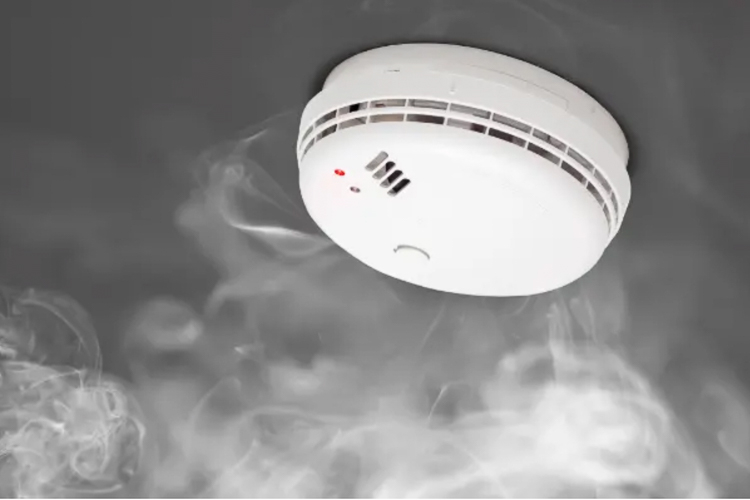In the Republic of Moldova, approximately 200 people are annually affected by carbon monoxide poisoning and about ten cases result in death. The data were presented by the National Public Health Agency, which warns about the health risks associated with exposure to carbon monoxide, especially in the winter season, when various heating sources are used, IPN reports.
The Agency said that roughly 800 cases of acute carbon monoxide poisoning were reported in 2020-2023 and 42 people died as a result of these.
Specialists warn that carbon monoxide is quickly absorbed in the lungs, after which it reaches the bloodstream, where it begins to replace oxygen. Consequently, it becomes harder to release oxygen at tissue level. The caused asphyxiation can sometimes be fatal.
Initial symptoms are headache, dizziness, nausea, and weakness. These symptoms are easily mixed up with those of other conditions and, therefore, mild poisoning can remain unnoticed. Exposure to higher concentrations of CO can cause visual disturbances, confusion, loss of consciousness. Permanent neurological sequelae are a probability for people who survive severe poisoning. In the long term, people exposed to moderate levels of CO can develop cardiovascular and neuropsychiatric complications, including memory problems, difficulty concentrating, and impaired cognitive functions.
Carbon monoxide poisoning can occur due to faulty or improperly installed heating systems, especially fossil fuel-based ones. Poisonings are also caused by vehicle engines left running in an enclosed space (garage, cellar, basement, etc.). Monoxide causes poisoning in the absence or in case of insufficient ventilation in the room where the device is installed.
To reduce the risk of carbon monoxide poisoning, specialists recommend installing carbon monoxide detectors in all rooms of the house, especially in bedrooms and near heating sources, and periodically checking them as well as stoves, boilers, and chimneys.
According to the National Public Health Agency, globally carbon monoxide is estimated to be responsible for about 20,000 deaths and hundreds of thousands of cases of acute poisoning annually.


